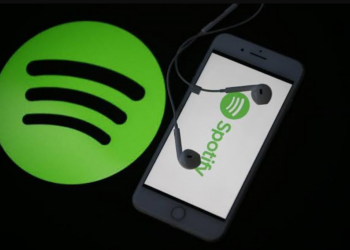Spotify, an audio streaming and media services provider announced that it will be expanding its service to 85 new markets. The expansion includes markets across Africa, Asia, Europe, Latin America, and the Caribbean.
Prior to this expansion, Spotify was only available in five African countries:
- South Africa
- Tunisia
- Morocco
- Algeria
- Egypt
The new countries available on Spotify will have the ability to sign up for free and paid Premium plans; while in select markets, Individual, Family, Duo and Student Plan options will be available in select markets. It will also be available on mobile and desktop web players. The company will also work with partners to introduce Spotify on more platforms, including TVs, speakers, wearables, and cars in the coming months.
According to Spotify, “The existing rich music cultures in each of these markets will now be able to reach Spotify’s global audience. All this untapped music energy and access to our innovative creator tools will help propel artists to new heights and empower them to turn their passion into a profession.
“Plus, giving our artists a global platform goes hand in hand with offering an unmatched catalog for our listeners. So, as we enter new markets, we’ll accelerate the discovery of more genres like K-Pop, reggaeton, and amapiano that have earned a place in the global music arena.”
Spotify currently has more than 340 million active users and 150 million subscribers using its ad-free premium product across 93 markets. This expansion will take the streaming giant to 178 markets globally.
What to expect
- With the introduction of Spotify to the Nigerian market, there is likely going to be stiff competition between Apple Music, Deezer and now Spotify. Apple Music had previously led expansion in Africa by reaching 37 countries last year.
- It is quite clear to see that the global streaming services have identified a thriving market in Africa and the rise of Afrobeats and other popular genres will mean more opportunities for partnerships with artistes and possibly increased streaming income.

















